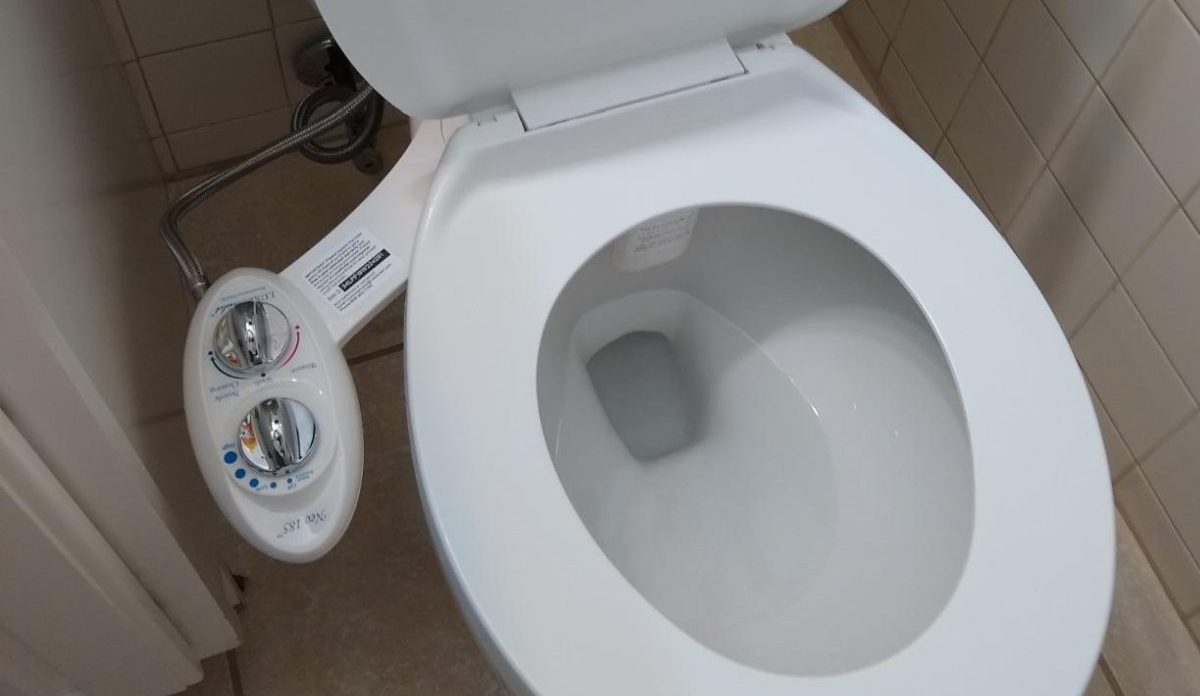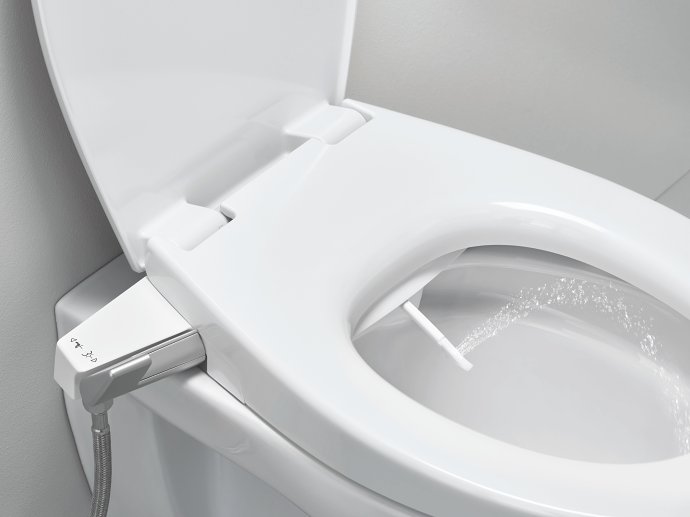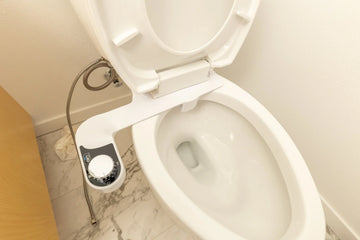The fascination with why bidets are popular in Asia captivates many, especially those keen on understanding cultural practices and standards of hygiene. For centuries, bidets have been an integral part of Asian bathrooms, providing a more sanitary and eco-friendly alternative to conventional toilet paper. To grasp why bidets hold such popularity in Asia, we must delve into cultural norms, environmental awareness, and technological progress.

Cultural and Historical Importance of Bidets
In many Asian countries, bidets are woven into the fabric of cultural traditions that prioritize cleanliness and hygiene. The usage of water for personal cleansing has been entrenched in these cultures for generations, aligning seamlessly with the functionality of bidets. This approach to hygiene can be traced back to ancient civilizations, where water symbolized purity. Thus, the historical relevance of bidets extends beyond mere hygiene; it embodies a cultural ethic that esteems cleanliness as essential to daily existence.
Advancements in Technology Enhancing Popularity
The burgeoning popularity of bidets in Asia can also be attributed to rapid technological improvements in the region. Contemporary bidets now feature amenities such as heated seating, customizable water pressure, and even built-in air dryers, elevating the bidet experience to a luxurious level. These innovations make bidets not only more practical but also increasingly appealing to Asian consumers.
For readers curious about maintaining these modern fixtures, this guide on bidet maintenance provides excellent insights.
Sustainability and Environmental Impact
Another critical factor driving the adoption of bidets in Asia is environmental sustainability. By significantly reducing toilet paper consumption, bidets alleviate the pressures of deforestation and waste production. With many Asian nations embracing eco-friendly initiatives, bidets align perfectly with these goals. This growing environmental awareness fosters a broader acceptance and usage of bidets throughout the region.
Cost-Effectiveness and Financial Benefits
While the upfront cost of installing a bidet might raise some eyebrows, the long-term savings can be considerable. The decrease in toilet paper usage leads to noteworthy financial savings for families. Furthermore, many modern bidets are designed with energy efficiency in mind, optimizing both water and electricity use. This financial upside makes bidets an appealing option for numerous Asian households looking to cut down on expenses.
Health Advantages of Using Bidets
From a health standpoint, bidets present numerous benefits over traditional toilet paper. They are gentler on the skin, helping to reduce the chances of irritation and infections. This is especially advantageous for individuals with sensitive skin or particular medical concerns. Bidets also deliver a more comprehensive cleaning experience, enhancing overall hygiene. For in-depth information on the health benefits of bidets, check out this resource.
Bidets and Community Health
On a broader scale, the widespread adoption of bidets can contribute to enhancements in public health and sanitation. By fostering improved hygiene practices, bidets play a role in public health efforts aimed at minimizing the spread of diseases. This aspect of public health is yet another reason behind the increasing popularity of bidets across Asia.
The Future of Bidets in Asia
As Asia continues its journey towards modernization, the trend of incorporating bidets is expected to gain more traction. With rising awareness surrounding environmental issues and a sustained focus on hygiene, bidets are on the verge of becoming standard fixtures in an increasing number of Asian households. The outlook is indeed bright for bidets as they correspond with broader cultural and environmental trends in the region.
For those interested in the cultural facets of bidets, this Wikipedia page contains a thorough overview of their historical context and varied uses across different cultures.

Frequently Asked Questions
Are bidets cleaner than toilet paper?
Yes, bidets are widely regarded as cleaner due to their use of water, which effectively removes bacteria and residue compared to toilet paper.
Can bidets help save money in the long term?
While the initial investment in a bidet may be considerable, they often yield savings over time by cutting down on toilet paper expenses and possibly reducing water and energy bills.
Are bidets good for the environment?
Absolutely, bidets are environmentally friendly as they significantly minimize the demand for toilet paper, which leads to less deforestation and waste generation. Additionally, they can consume less water than what is used to produce toilet paper.
This article contains affiliate links. We may earn a commission at no extra cost to you.






